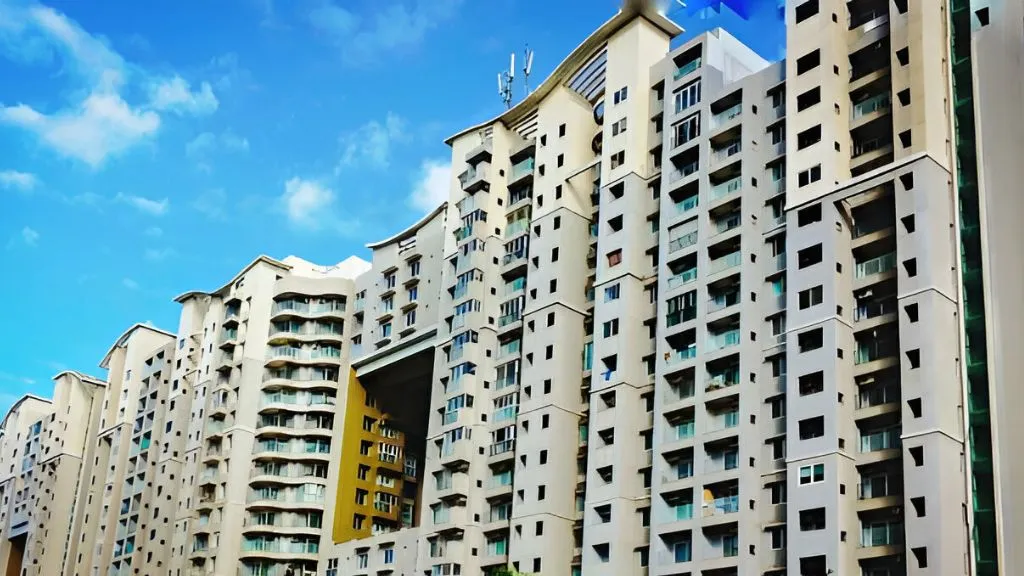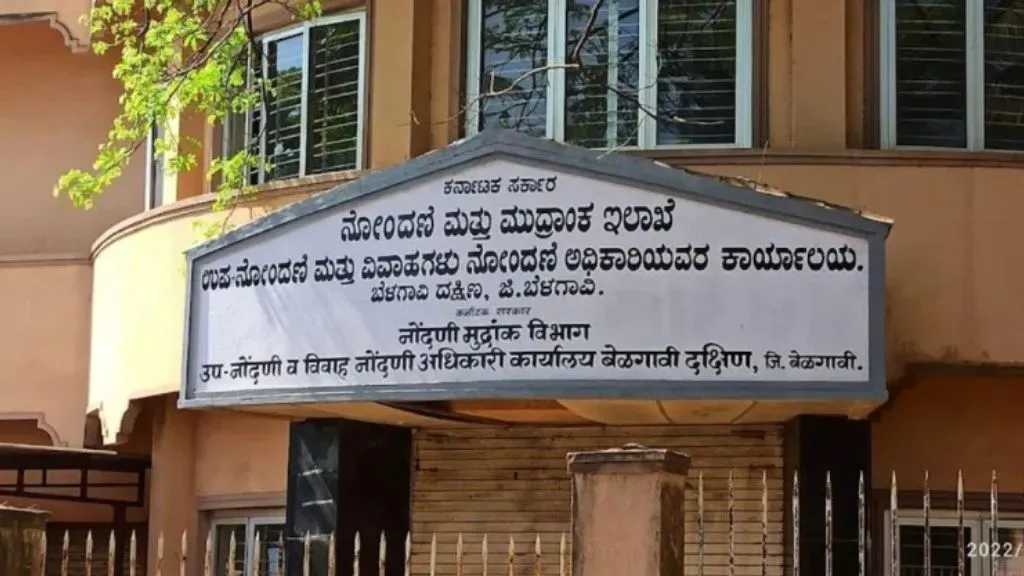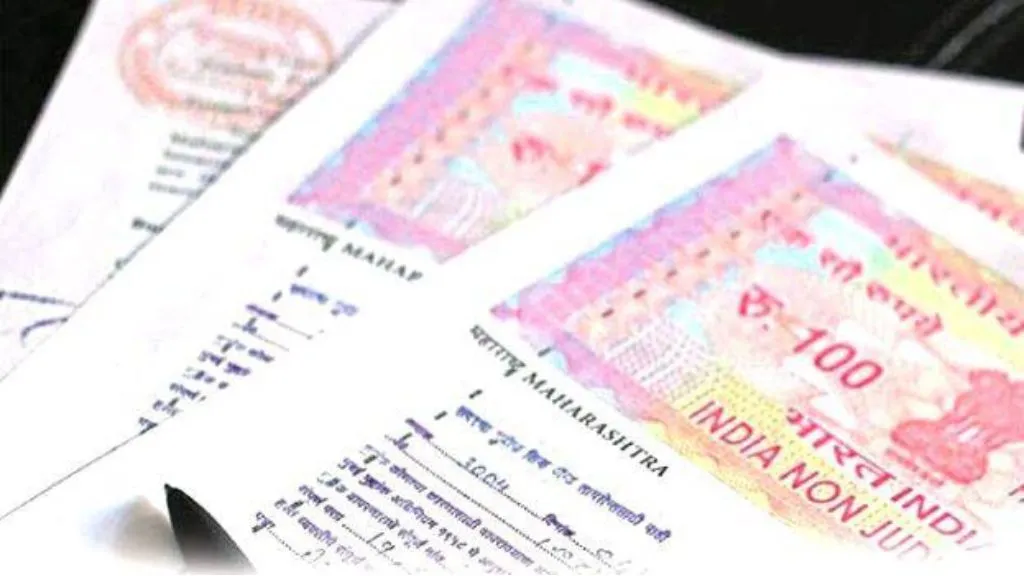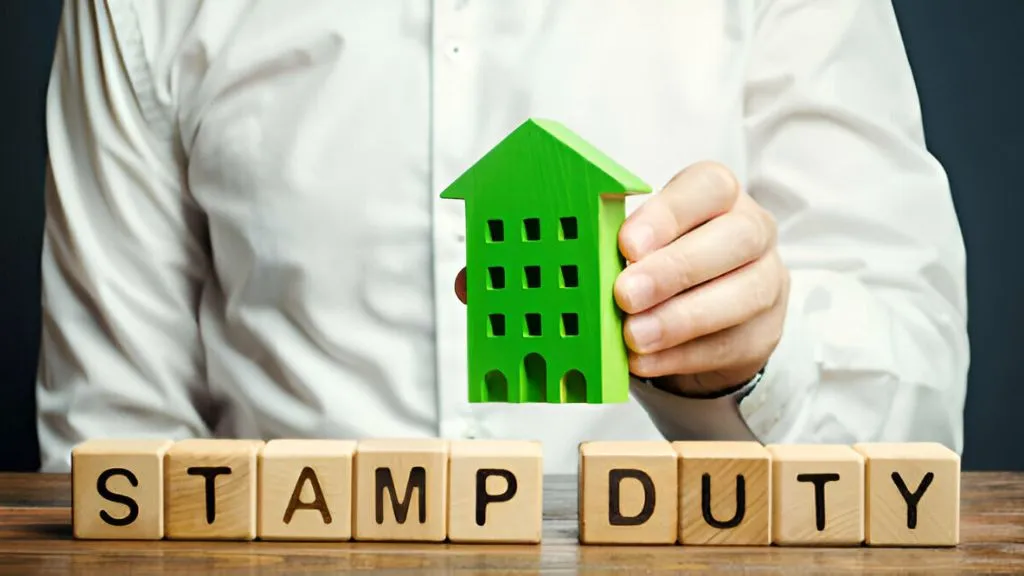
Property registration is crucial in real estate transactions. It ensures the legal transfer of ownership and safeguards property owners’ rights. In Bangalore, the process is governed by the Karnataka Government’s rules and regulations, which emphasise transparency and legal compliance.
This guide delves into the property registration process in Bangalore, including required documents, charges, and other essential aspects to help you navigate the procedure effectively.
What is Property Registration?
Property registration is the formal procedure of documenting a property’s transaction with the government, typically done through the Sub-Registrar’s Office in Bangalore. It is a legally binding act that records the sale deed or property agreement in government records, thereby establishing the buyer’s ownership rights.
The sale deed is a written document that contains the terms of the agreement between the seller and the buyer, including essential details like the price of the property, payment terms, a description of the property, and the date of transfer. Once the deed is registered, the buyer’s ownership of the property is legally recognized, and the seller’s rights are relinquished.
In Bangalore, the property registration process is governed by the Karnataka Registration Act. The primary purpose of property registration is to offer legal protection to the property’s rightful owner by documenting the transaction in public records.
Importance of Property Registration in India:

- Establishes Legal Ownership: The registered document is the official proof of property ownership. It provides the buyer full legal rights over the property and protects them from future disputes.
- Prevents Fraud and Disputes: Without proper registration, there can be fraud or ambiguity about property ownership. For example, if the property was earlier mortgaged or has unresolved dues, the buyer can face legal consequences. A registered deed provides transparency and secures both the buyer and seller from fraudulent claims.
- Confirms Transfer of Rights: The registration ensures that the property has officially been transferred from the seller to the buyer. It is a safeguard that confirms the buyer is the rightful owner and controls the property.
- Enables Legal Action: If any legal issues arise in the future, a registered property can serve as strong evidence in court to claim ownership, settle disputes, or claim compensation for property-related conflicts.
Why Property Registration is Crucial?
Failing to register a property can lead to numerous complications. If the transaction is not registered, there might be no legal proof that the transfer of ownership has occurred. This could result in the following problems:
- Risk of Ownership Disputes: Without registration, anyone can claim ownership of the property, leading to a complex legal dispute. For example, if the seller continues to hold the title in their name after the sale, they could still make claims against the property.
- Financial Losses: Without registration, the buyer is not protected under the law. In case of any fraudulent activities by the seller, such as transferring the exact property to another buyer, the first buyer may lose their investment. Furthermore, the buyer cannot use the property for obtaining loans or selling it without a registered title.
- Inability to Take Legal Action: The lack of a registered sale deed can make it difficult for the buyer to assert legal rights over the property. In case of any disputes regarding the property, the unregistered sale deed may not be admissible as evidence in court, making it harder to resolve conflicts.
- Lack of Government Recognition: The government does not recognize unregistered properties, making it difficult for the buyer to claim the benefits of ownership, such as property tax exemptions or compliance with building regulations.
Step-by-Step Guide to the Property Registration Process in Bangalore

1. Verify Property Details
Before initiating the registration process, verifying the property’s legal status is vital. This includes checking for:
- Clear title ownership.
- Encumbrance Certificate (EC) for pending claims.
- Land conversion certificates (if applicable).
- Approved building plans for apartments.
2. Prepare the Sale Deed
The Sale Deed is a crucial document that outlines the terms of the property transaction. A legal professional typically drafts it to ensure it complies with Karnataka’s property laws. The deed must include details about the following:
- Buyer and seller.
- Property description (size, location, survey number, etc.).
- Transaction value.
- Payment terms.
3. Calculate Property Registration Charges
The property registration charges in Karnataka include:
- Stamp Duty: 5-6% of the property’s market value.
- Registration Fee: 1% of the property’s market value.
These charges can be calculated online through the Kaveri Online Services portal. The fee depends on the property type (land, apartment, or house) and location.
4. Online Property Registration Process
The Karnataka Government offers an online property registration service via the Kaveri portal to streamline the procedure. Follow these steps:
- Visit the Kaveri Online Services portal.
- Create an account and log in.
- Upload the necessary documents (discussed in the next section).
- Calculate stamp duty and registration fees using the built-in calculator.
- Pay the charges online and schedule an appointment at the registration office in Bangalore.
5. Visit the sub-registrar’s office
On the scheduled date, both the buyer and seller must visit the Subregistrar’s office. They must carry all original documents and ensure both parties sign the Sale Deed in the presence of witnesses. The Subregistrar will verify the documents, execute the deed, and finalize the registration process.
6. Collect Registered Documents
Once the property is registered, you will receive a digitally signed copy of the Sale Deed. Physical copies can be collected from the Sub-Registrar’s Office or downloaded from the Kaveri portal.
Important Documents Required for Property Registration in Karnataka

The following documents are mandatory for smooth registration:
- Sale Deed: The primary document for ownership transfer.
- Encumbrance Certificate (EC): Ensures the property is free of legal claims.
- Khata Certificate and Extract: Proof of property tax compliance.
- Approved Building Plan: Required for the apartment registration process in Bangalore.
- Land Conversion Certificate: For non-agricultural use of land.
- Tax Receipts: Latest property tax payment receipts.
- Identity Proofs: Aadhaar card, PAN card, passport, or voter ID.
- Power of Attorney (if applicable): If an authorized representative conducts the transaction.
Understanding Site Registration in Bangalore
Site registration refers to the legal registration of land or plots. Unlike apartments or houses, site registration primarily focuses on land-related documents. Key considerations include:
- Checking the land’s zoning and conversion status.
- Verifying that the site has clear titles.
- Ensuring compliance with Bangalore Development Authority (BDA) or Bruhat Bengaluru Mahanagara Palike (BBMP) regulations.
Apartment Registration Process in Bangalore
For apartments, the registration process includes additional steps:
- Ensure the builder has obtained Occupancy and Completion Certificates.
- Verify that the BBMP approves the building plan.
- Check the builder-buyer agreement for accuracy and adherence to RERA norms.
The rest of the procedure aligns with the standard property registration process.
Tips for a Hassle-Free Property Registration
- Engage a Legal Advisor: Seek legal assistance to draft and verify documents.
- Schedule Early Appointments: Avoid delays by booking appointments at the Sub-Registrar’s Office well in advance.
- Verify Property History: Use the Encumbrance Certificate to ensure the property has no disputes or pending claims.
- Double-Check Documents: Ensure all documents, including identity proofs and tax receipts, are updated and accurate.
How Much Does It Cost to Register Your Property in Bangalore?Property Registration Charges in Karnataka

The property registration charges in Karnataka vary based on property type:
- Stamp Duty:
- 5% for properties within BBMP limits.
- 3% for properties in rural areas.
- Registration Fee: 1% of the market value.
Additional charges for document drafting, notary services, and legal consultations may apply.
Role of the Registration Office in Bangalore
The registration office in Bangalore plays a pivotal role in ensuring compliance with property laws. The Department of Stamps and Registration manages these offices, which oversee all property transactions in the city. Sub-registrar offices are located in various zones, simplifying access for residents.
Key services offered include:
- Sale Deed registration.
- Khata registration and transfer.
- Land conversion approvals.
Property Registration in Bangalore Procedure: Common Challenges
- Incomplete Documentation: Missing or outdated documents can delay the process.
- Disputes Over Stamp Duty: Ensure accurate calculation and payment to avoid fines.
- Fake Titles or Encumbrances: Conduct a thorough background check on the property.
Conclusion
The property registration process in Bangalore is vital for securing ownership rights and avoiding legal disputes. You can simplify the registration process by understanding the procedure, adhering to regulations, and ensuring all documents are in place. Whether it’s site registration or the apartment registration process in Bangalore, following these steps will make your real estate transaction smooth and hassle-free.






